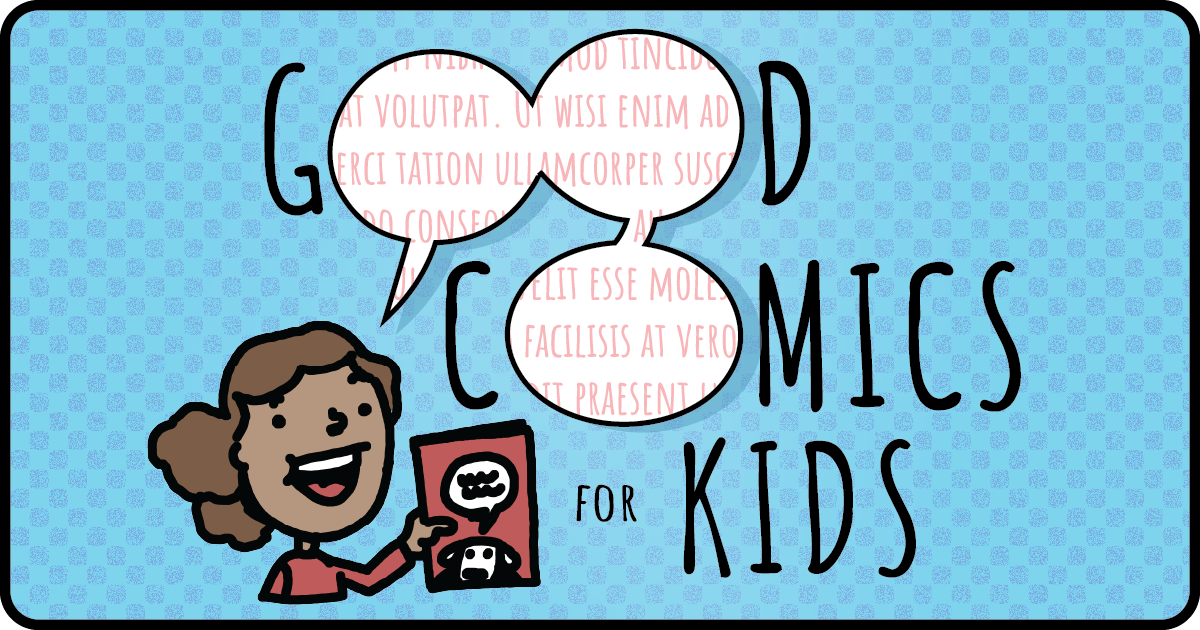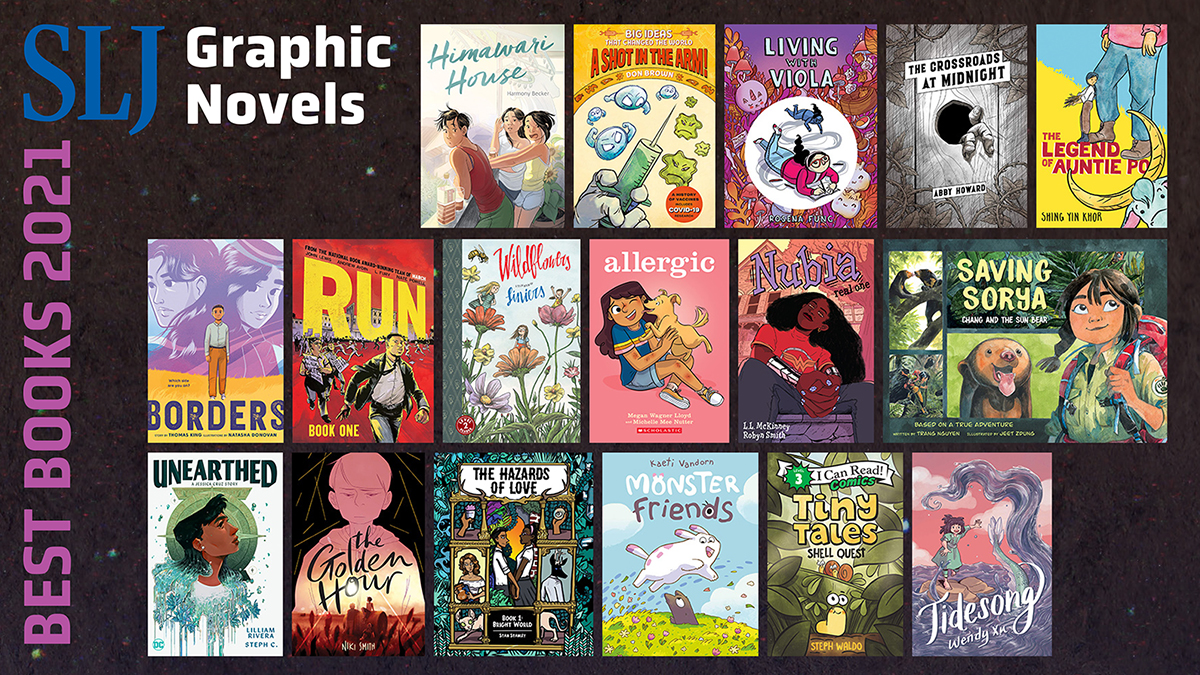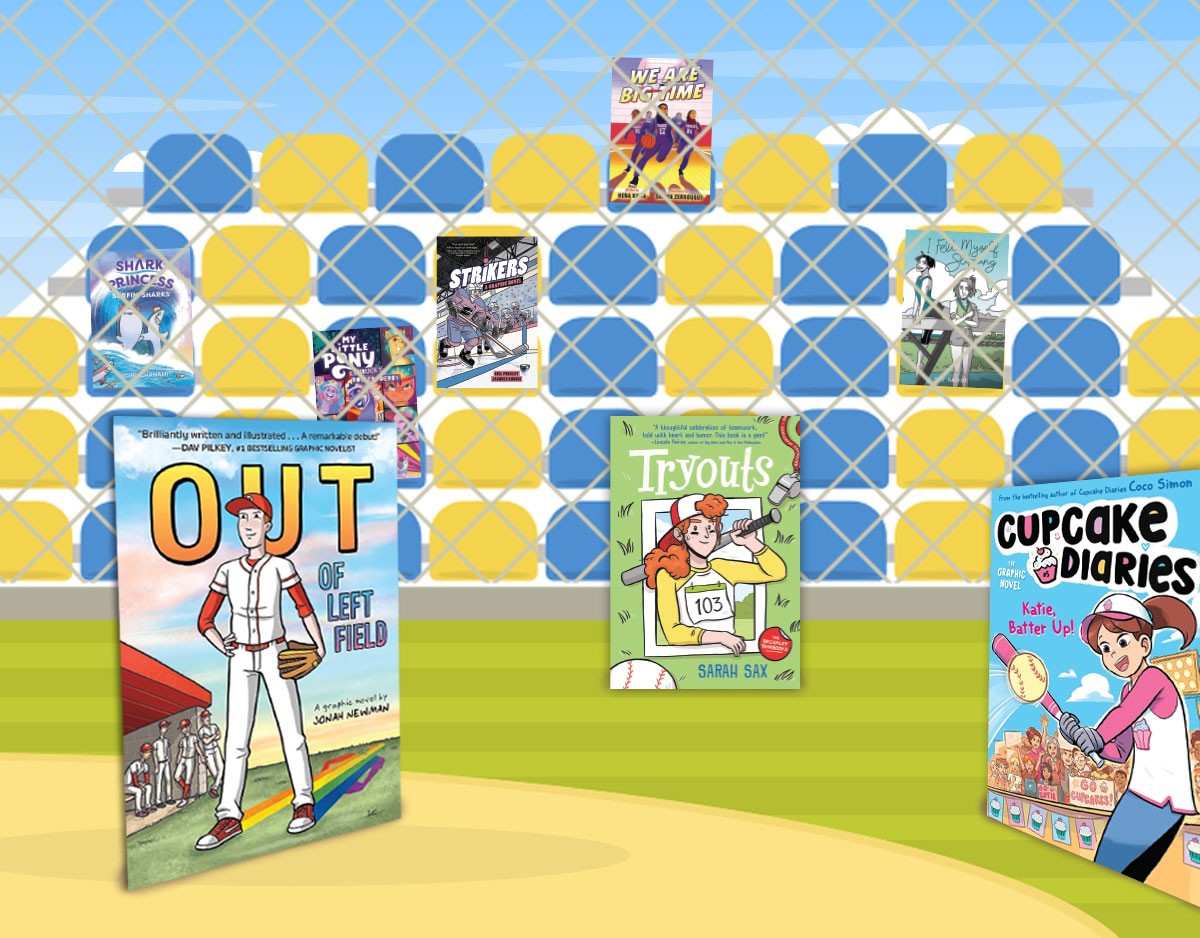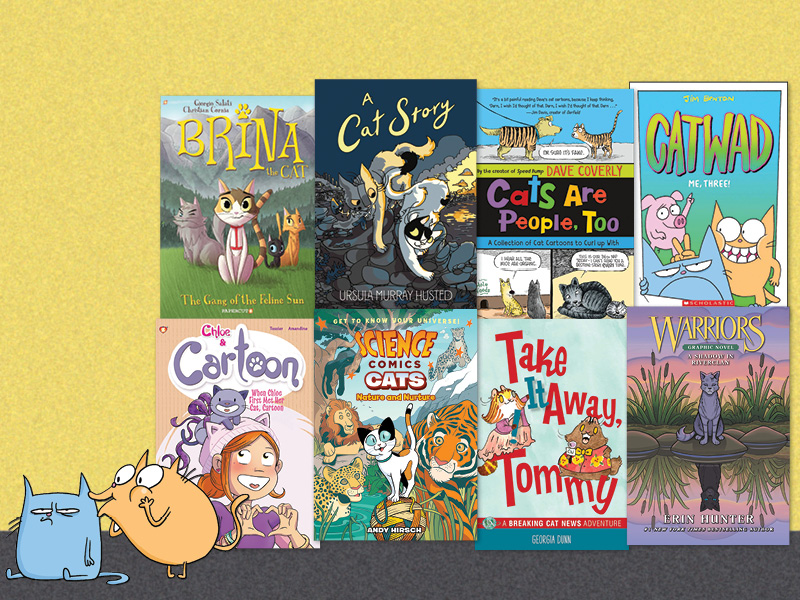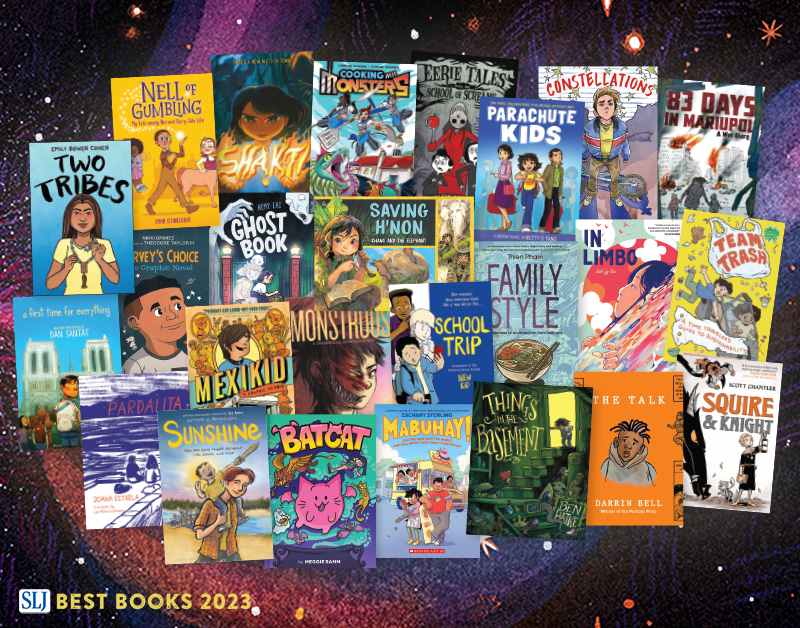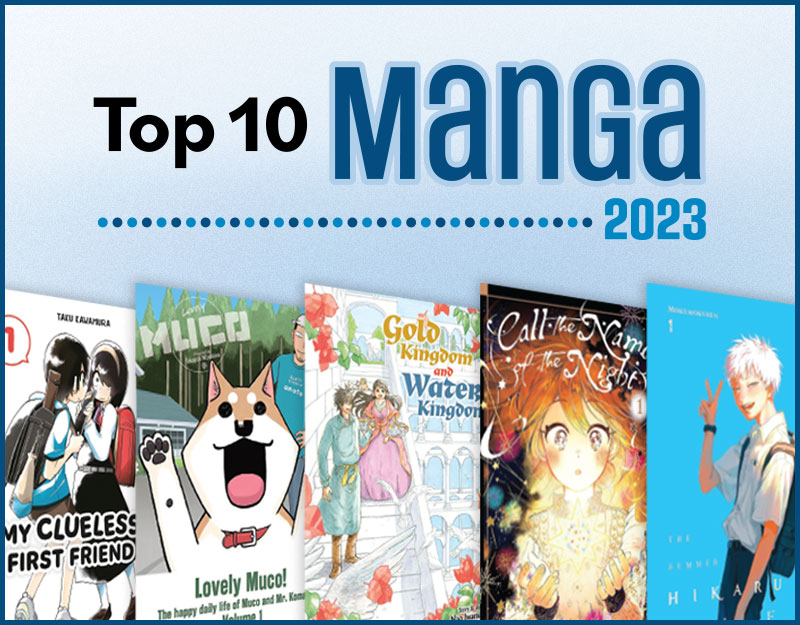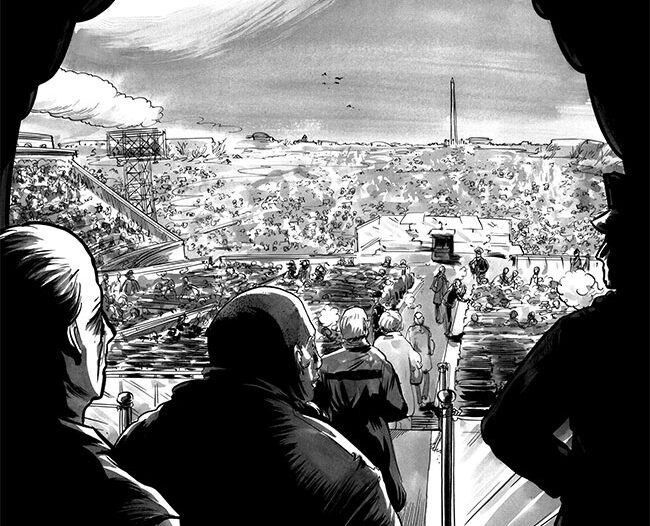
What to Read After You’ve Read ‘March’
Rep. John Lewis’s graphic memoir March is the book of the day—literally, on Martin Luther King day, but also figuratively, as president-elect Donald Trump’s disparaging Tweet about Lewis brought new attention to the book; reportedly, sales skyrocketed.
I’ve said it before: March is an important book. But if you’re a Good Comics for Kids reader, you already know that. The question is, what do you read now? We have a few suggestions, and you’re welcome to add more in the comments section.
ADVERTISEMENT
ADVERTISEMENT
Martin Luther King and The Montgomery Story: Before there was March, there was this comic, which was published in 1957. It’s not a biography of King but a how-to manual for nonviolent resistance, based on the tactics used in the Montgomery bus boycott. The comic, published by the Fellowship of Reconciliation, a group advocating nonviolent protest, is available for free online and can also be purchased in print or digital format from Top Shelf, the publishers of March.
 Darkroom: A Memoir in Black and White, by Lila Quintero Weaver: Weaver’s family moved from Buenos Aires, Argentina, to Marion, Alabama, in 1965. That put her front and center for the Civil Rights movement, but at the same time, in a culture with strict roles, Weaver was an outsider, neither black nor white. This memoir is thus a true outsider’s look at the events of the time as well as a personal story of coming to understand a new country.
Darkroom: A Memoir in Black and White, by Lila Quintero Weaver: Weaver’s family moved from Buenos Aires, Argentina, to Marion, Alabama, in 1965. That put her front and center for the Civil Rights movement, but at the same time, in a culture with strict roles, Weaver was an outsider, neither black nor white. This memoir is thus a true outsider’s look at the events of the time as well as a personal story of coming to understand a new country.
The Silence of Our Friends, by Mark Long, Jim Demonakos, and Nate Powell: This is a story that Powell drew prior to March, and it’s partly based on true events. The dialogue and Powell’s art powerfully evoke the South of the 1960s, and the story, about the friendship between a white reporter and a black activist, raises some deep questions. The story brings readers back to that period and immerses them in the imagery and attitudes of the time, making it clear what the stakes were on both sides.
Muhammad Ali, by Sybille Titeux and Amazing Ameziane: Even in the most segregated times, Americans loved black athletes—as long as they stayed in their place. Muhammad Ali didn’t—he used the fame and money that came from his boxing career to stand up for what he believed in. This biography, which was originally published in France, is a fascinating look at Ali, warts and all, and the impact he had on the world around him.
 Strange Fruit: Uncelebrated Narratives in Black History, by Joel Christian Gill
Strange Fruit: Uncelebrated Narratives in Black History, by Joel Christian Gill
Tales of the Talented Tenth: Bass Reeves, by Joel Christian Gill
Tales of the Talented Tenth: Bessie Stringfield, by Joel Christian Gill
Frustrated by the notion that black history is somehow separate from American history, Gill has set out to chronicle the deeds of black achievers and how they influenced the country as it developed. Strange Fruit is a collection of ten short comics about remarkable people and moments, while his Tales of the Talented Tenth series consists of longer-form biographies: Bass Reeves was an escaped slave who became a lawman in the old West, while Bessie Stringfield was a motorcycle rider and performer.
Black History in Its Own Words, by Ronald Wimberly: This book is straight-up inspiration: Each page features an image of a figure from black history—not just activists but artists, writers, and other personalities—and a quote from their work.
What are you reading this weekend?
Filed under: Graphic Novels
About Brigid Alverson
Brigid Alverson, the editor of the Good Comics for Kids blog, has been reading comics since she was 4. She has an MFA in printmaking and has worked as a book editor, a newspaper reporter, and assistant to the mayor of a small city. In addition to editing GC4K, she is a regular columnist for SLJ, a contributing editor at ICv2, an editor at Smash Pages, and a writer for Publishers Weekly. Brigid is married to a physicist and has two daughters. She was a judge for the 2012 Eisner Awards.
ADVERTISEMENT
ADVERTISEMENT
SLJ Blog Network
2024 Books from Coretta Scott King Winners
Monster Befrienders and a Slew of Horror/Comedy: It’s a Blood City Rollers Q&A with V.P. Anderson & Tatiana Hill
Parsing Religion in Public Schools
ADVERTISEMENT

